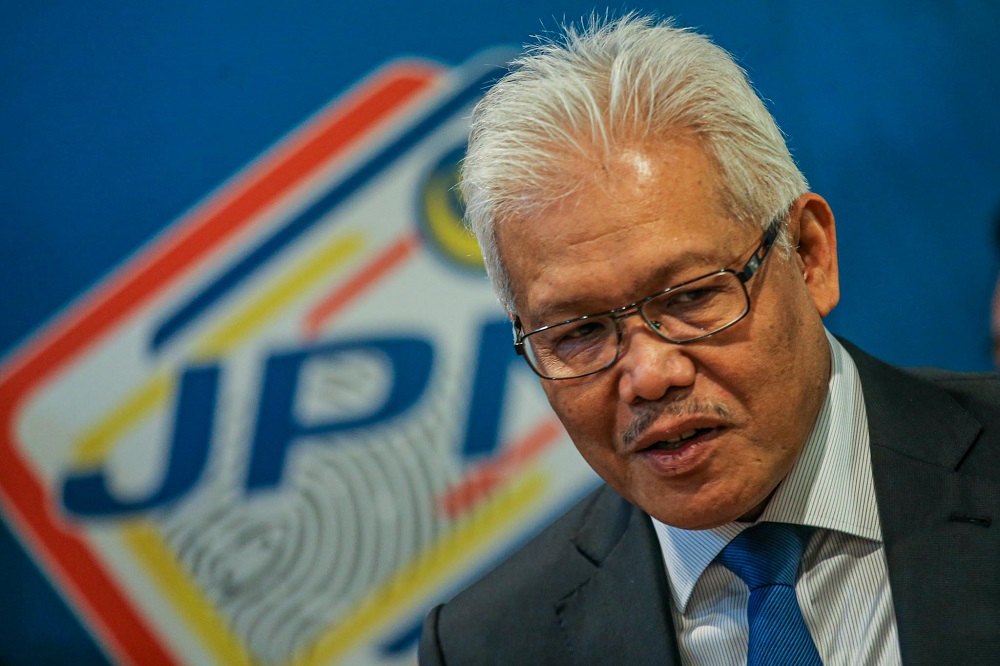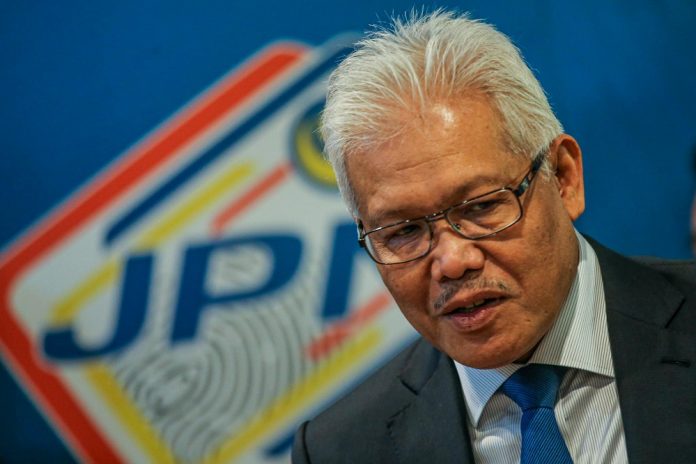
KUALA LUMPUR, Dec 15 — The home minister’s announcement in Parliament yesterday on his plans to offer a one-year window for stateless persons to bring documentary proof in order to be registered as Malaysian citizens is easier said than done, activists advocating and aiding stateless persons said.
The advocates pointed out that having sufficient documents to satisfy the government is one of the many problems faced by individuals who are not a citizen of any country in the world.
Child rights activist Hartini Zainudin questioned Home Minister Datuk Seri Hamzah Zainudin’s speech in the Dewan Rakyat, pointing out for example that some children born in Malaysia may lack the necessary papers in the first place as they were abandoned at birth by their biological parents and thus become stateless.
“Dear Minister, do you understand what statelessness is? If you did, you’d be a little more empathetic and understand submitting the proper docs is a huge issue since they have NO proper docs to submit. In a year? Are you kidding me?” she tweeted.
“Are you kidding me? Does the Minister understand how people become stateless? The foundling who was dumped? The child adopted with falsified papers? The child, who is the fourth or fifth generation of statelessness? How do you gather documents if you have no proof of birth to Malaysian parents?” she posted.
Hamzah told the Dewan Rakyat yesterday that his plan to enable those seeking citizenship would be required to register by presenting proof and documents.
He also said his plan is not a racial issue, and said government officers handling citizenship matters should not be blamed for any delays when applicants did not bring along documents to support their case.
Non-profit group Development of Human Resources for Rural Areas (DHRRA) Malaysia — which carries out extensive work to identify and help stateless individuals here to gain government recognition as citizens — also weighed in on the matter.
Its president Saravanan M. Sinapan lauded the Home Ministry’s decision to grant stateless persons a one-year window to apply for citizenship registration.
However, he said DHRRA has found out after working with stateless persons applying for citizenship that they faced multiple challenges to be recognised as Malaysians.
Illiteracy and language hampered the stateless persons’ understanding of the application process, including when they were interviewed by National Registration Department (NRD) officers.
Saravana said stateless people also struggled to provide supporting documents to substantiate their applications.
“These range from missing or damaged proof of birth to inconsistency in the birth details and typos in their birth certificate,” he said.
“The stateless community also face challenges due to NRD procedures and requirements, including the existing SOP which requires the presence of two witnesses, at least 15 years older than the subject, to initiate late birth registration,” he said.
Saravanan said those born here before 1957 remained stateless as they could not find witnesses to support their application. He pointed out that the witnesses would have to be older than the applicants, which would put the ages at over 64 at the very least if they were one-year-old at that time.
From its mapping exercise in 2014 to find out the number of stateless persons in peninsular Malaysia, DHRRA found those made stateless after 1957 — when Malaya gained independence — is higher than pre-Merdeka.
It believes this increase could be attributed to babies abandoned at birth, those adopted while young and gender biased laws.
DHRRA also indicated that those who had proper documents were not assured of citizenship.
“Despite possessing and submitting the required supporting documents to NRD, many still are not deemed entitled to acquire citizenship status. Some of them had to reapply for three to four times over a period of several years to be finally recognised as Malaysian citizens.
“Therefore, not possessing proper documentation and evidence to register, as highlighted by Datuk Seri Hamzah Zainudin, is not the only factor that prevents stateless people from acquiring citizenship,” DHRRA added.
Noting that there are thousands of stateless persons in Malaysia, DHRRA today urged the government to take immediate steps to address the challenges faced by the stateless population in their citizenship applications, including by reviewing the NRD’s standard operating procedures that allegedly deter such applications.
“Though one year is a good KPI to assess the progress made in addressing the issue, a holistic solution will only be possible through the involvement of varied stakeholders in offering alternate solution to the existing challenges facing the stateless population in our country,” DHRRA said.
Statelessness and the quest for Malaysian citizenship has long been a thorny issue, even among lawmakers.
Klang MP Charles Santiago has suggested it is a large-scale and chronic issue. He told Parliament yesterday that his office alone had presented citizenship applications from around 300 individuals, most of them young people.
The Opposition lawmaker claimed Tan Sri Muhyiddin Yassin had given assurance that he would look into it when he was home minister, before becoming prime minister.
Kulai MP Teo Nie Ching has also highlighted that current citizenship laws were lopsided against Malaysian mothers as their children born abroad were not automatically conferred citizenship, unlike Malaysian fathers.
Hamzah told Teo the law was made so to prevent dual citizenship, which Malaysia does not recognise.
He argued that children born to Malaysian mothers would usually follow their father’s nationality.
He also said Malaysian women who gave birth abroad could just inform the embassies and that the child would have the option of choosing his or her own nationality at age 21.
However, 38 civil society groups have not bought Hamzah’s argument on dual citizenship. They highlighted that Malaysia is one of the only 25 countries that do not give women equal rights to pass on citizenship to their children.
Petaling Jaya MP Maria Chin Abdullah has also highlighted the hardships, potential rights violations and the heightened vulnerability of families affected by citizenship gender biases.
To Segambut MP Hannah Yeoh, the solution is straightforward — Malaysian citizenship should be conferred on every child with a Malaysian parent or every child adopted by a Malaysian parent — regardless of the parent’s marital status, gender or the child’s place of birth.


